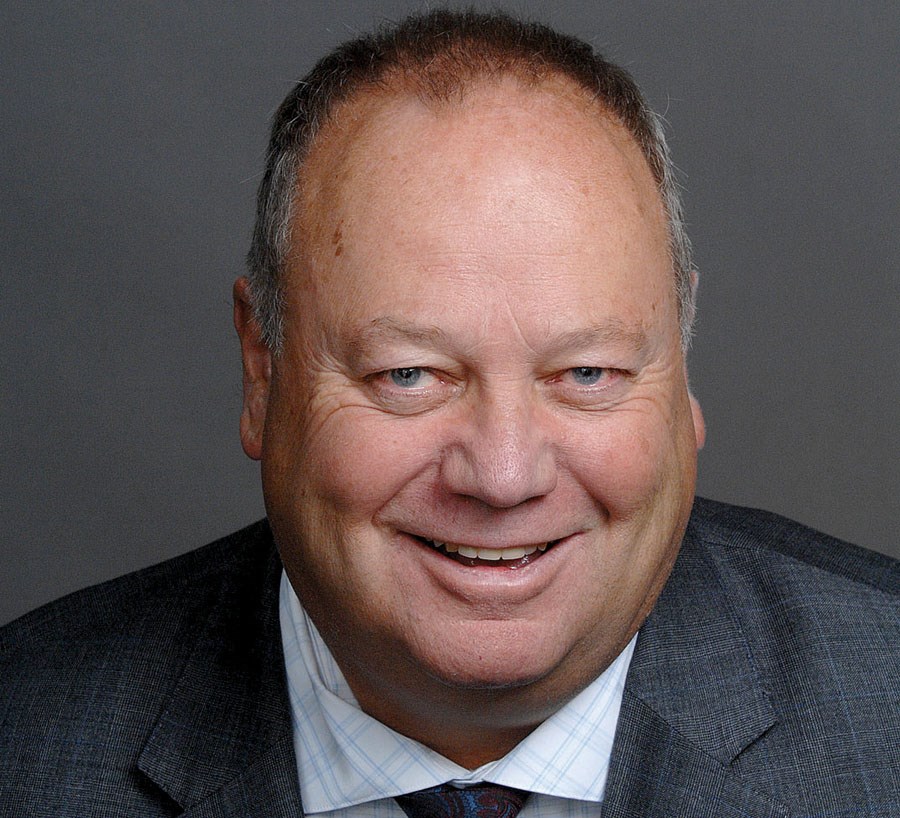Using a joint provincial-federal gas tax fund to pay for paving projects has been an option for almost three years but that was, until recently, news to city staff and council.
The mayor and members of council sat as committee of the whole Monday night to work through some preliminary 2014 budget numbers, and some expressed their frustration with the issue.
The change is slated to add a little more than $2 million to the city's road rehabilitation budget, bringing the 2014 investment to the targeted $7 million.
"It's interesting how the left hand doesn't know what the left or right hand is doing," said Coun. Dave Wilbur, referring to communication with the Union of B.C. Municipalities, which administers the fund.
Coun. Cameron Stolz highlighted the work of Wilbur on the issue, calling it a "real thorn in his side."
"And I find it very interesting that at the time that it came before UBCM, that UBCM didn't quite know it was already available for roads."
Last year, Wilbur spearheaded an unsuccessful Prince George-sponsored resolution at the annual UBCM convention, asking for the flexibility to use gas tax funds for road repair.
The membership did support a resolution asking for the general fund criteria to be expanded when it came up for renewal.
"The resolution came forward, that was the very year that [then] president Heath Slee spoke to the group, his last speech, and basically said we have a problem - the gas tax is not meeting the needs of our communities across this province and we need to address that, we need to change that," said Wilbur. "The words were very strong, very clear."
But the city has since had correspondence from the body signifying the fund was available for their needs, said financial planning manager Kris Dalio, referring to a letter dated Aug. 20 from UBCM president and Quesnel mayor Mary Sjostrom.
As the letter explains, the initial scope of the agreement as signed in 2005 was less broad, limiting funding for road projects to those which encouraged a "reduction in car dependency." That requirement was apparently removed in 2010.
But "routine repair and maintenance costs" were still deemed ineligible, which Dalio said seemed to indicate the city's annual paving program didn't qualify.
However, the letter also outlined projects such as "replacing degraded paved surfaces with smoother surfaces, which can results in less friction, which serves to reduce [greenhouse gas] emissions" as eligible for funding.
The city's annual paving program is a capital, not an operating expense, explained Dalio, where road surfaces are completely replaced. Plus, he added, pothole patching - which was clearly referred to as an operating cost in Sjostrom's letter - already comes out of the department's road operations budget.
Having the additional money for in the road budget for the upcoming year could be even more valuable than the $7 million, said Coun. Brian Skakun.
"I'm hoping, worst case scenario, we get the same price as the province on our asphalt or, if not, attract more competition, because it's going to be a bigger contract," he said.
The 2014 budget will come before council beginning Nov. 27.



